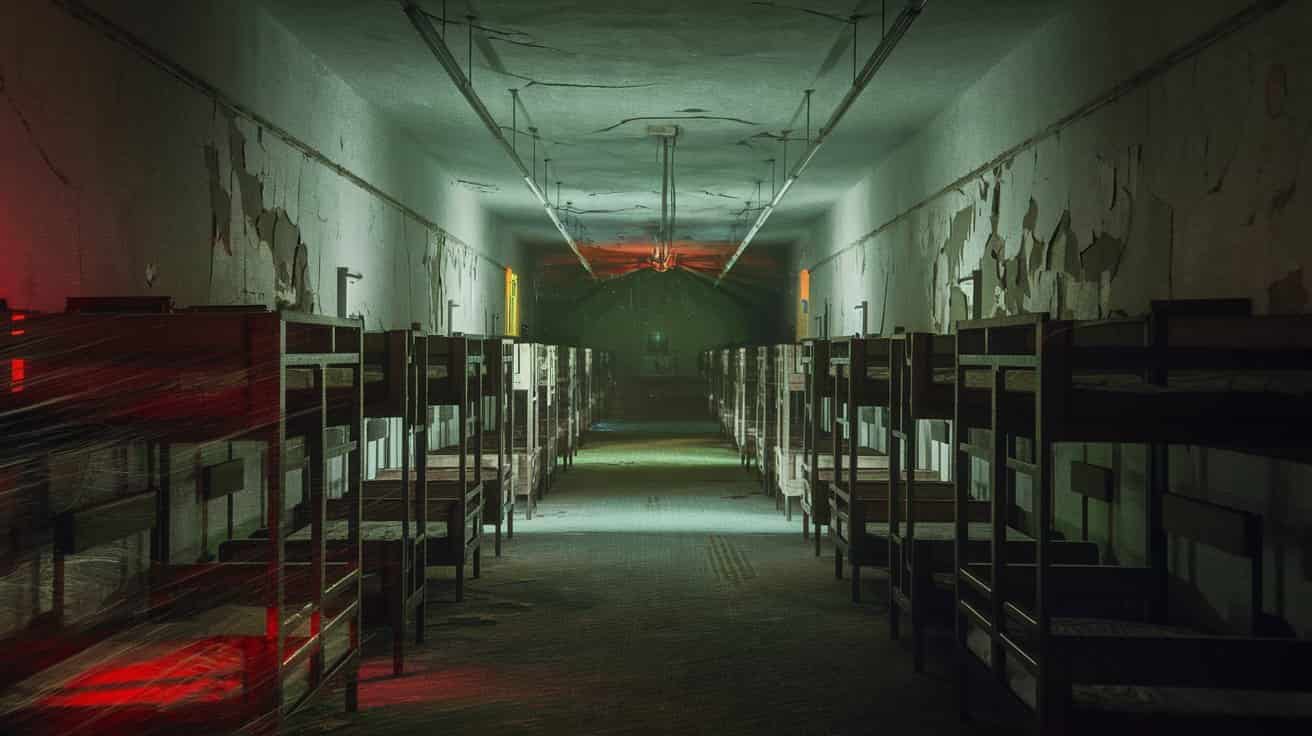Congress UFO UAP Hearing
In a pivotal session, the Congress UFO UAP hearing by the House Oversight Committee revealed new claims about the U.S. government’s secret UAP-related projects. Experts and former officials testified about alleged government efforts to study advanced UAP technology and, in some cases, to reverse-engineer it.
Military UAP Encounters: The “Go Fast” Incident
Retired Rear Admiral Tim Gallaudet spoke about a notable military encounter with a UAP. The Navy recorded a UAP in the well-known “Go Fast” video, capturing its extreme speed and maneuverability. Gallaudet emphasized that this craft exhibited abilities beyond any known U.S. or foreign technology. His testimony raised concerns about the government’s knowledge of UAPs and the secrecy around such findings.
Secret UAP Crash Retrieval Programs
Former Pentagon official Luis Elizondo shared more about the alleged crash retrieval programs. Elizondo confirmed that the U.S. government has conducted efforts to recover downed UAPs, aiming to study and potentially reverse-engineer them. He also stressed the importance of transparency, suggesting that the public deserves to know about these findings.
The “Immaculate Constellation” Program Allegation
Journalist Michael Shellenberger, founder of Public, presented documentation about a covert project known as “Immaculate Constellation.” According to Shellenberger, this program uses advanced tools to capture UAP data. He traced reports of UAP sightings back to 1947, urging Congress to pass UAP transparency legislation. He argued that these programs should not remain hidden from the public.
Removing the Stigma Around UAP Research
Michael Gold, a former NASA administrator, highlighted the need to reduce the stigma around UAP research. Gold emphasized that open discussion could enhance understanding of these phenomena, while secrecy limits progress.
Bipartisan Demand for Transparency
Throughout the hearing, bipartisan lawmakers demanded transparency about UAP sightings, especially those near sensitive military sites. They questioned the source of these technologies, considering whether private or extraterrestrial entities could be involved.
AARO’s Role in Centralized UAP Reporting
The hearing also noted the creation of the All-domain Anomaly Resolution Office (AARO) in 2022, which centralizes UAP data. Yet, experts and lawmakers suggested expanding reporting to include civilian sightings for more comprehensive data collection.
The Congress UFO UAP hearing has drawn significant attention, with calls for openness about these unexplained encounters. This session could mark the start of a new era in UAP research, where the mysteries surrounding these phenomena come closer to light.



Post Comment